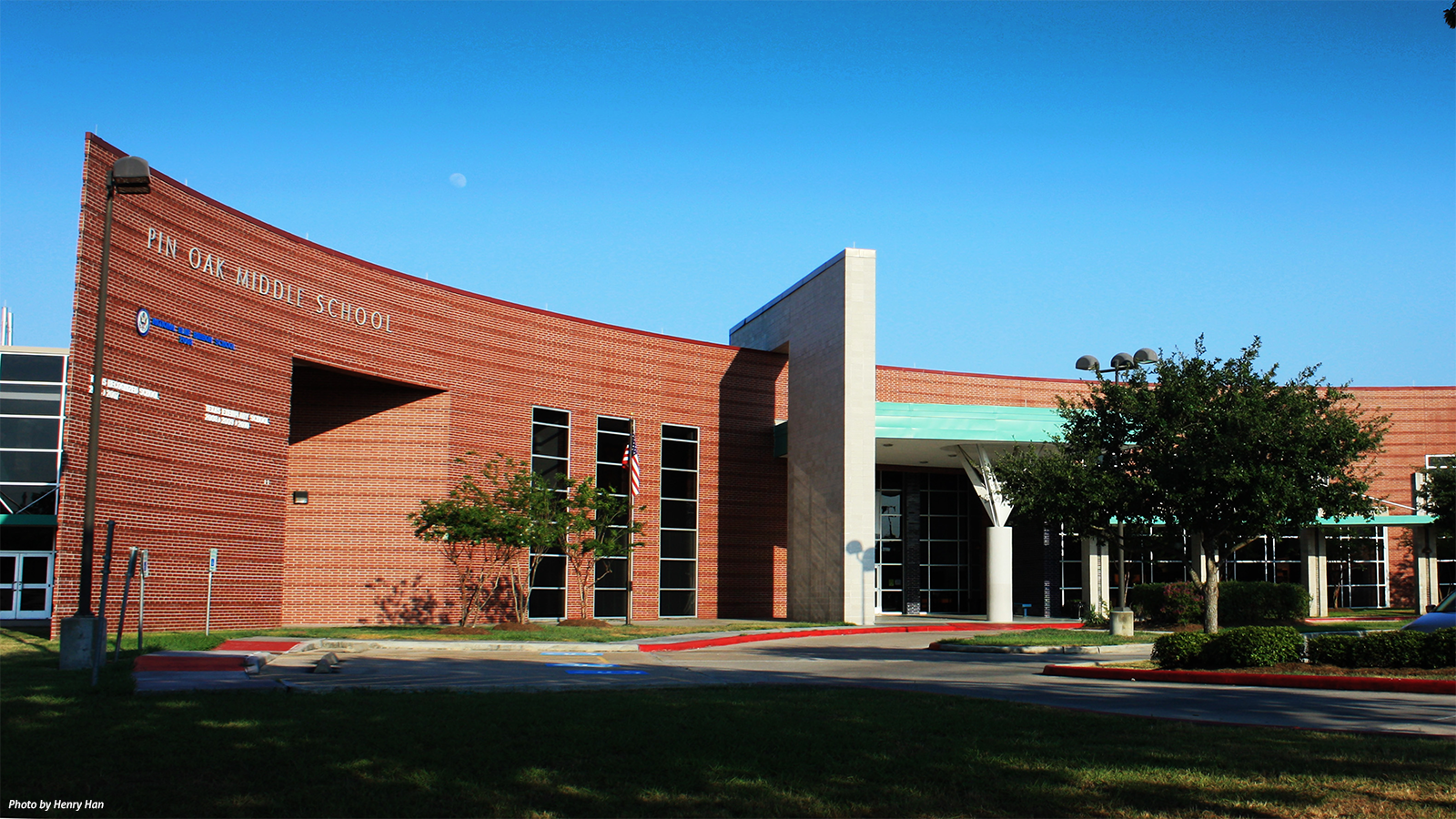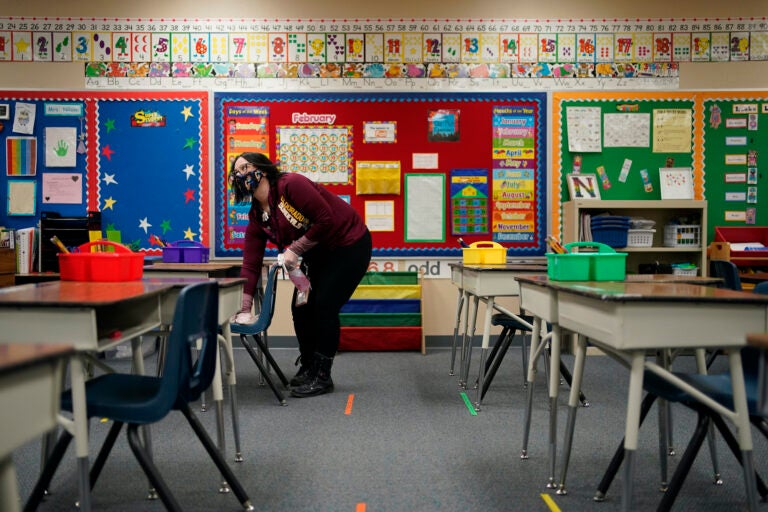Discover the Advantages of Advocacy: Save Temecula Schools
Recognizing the Significance of Schools in Child Growth and Community Development
Institutions' involvement with neighborhood areas via service-learning efforts strengthens the bond between families and educational organizations. This cooperative partnership emphasizes the value of schools in supporting energetic citizenship and long-lasting discovering behaviors.
Academic Success
Academic success works as a cornerstone of kid advancement, offering the foundation whereupon future learning and success are constructed. Colleges play an essential role in cultivating this scholastic growth, offering structured environments where children can get important understanding and cognitive skills. Standard educational program make certain that pupils gain effectiveness in core subjects such as mathematics, science, and language arts, which are vital for both higher education and learning and professional chances.
Along with presenting essential scholastic abilities, institutions also grow crucial thinking, analytic capabilities, and intellectual interest. These cognitive proficiencies are vital for browsing complex real-world circumstances and adapting to the ever-evolving needs of the contemporary office. Teachers, as facilitators of learning, utilize varied pedagogical strategies to deal with varied understanding designs, therefore making best use of private trainee capacity.
Moreover, academic success is very closely linked to self-confidence and inspiration. Children who experience scholastic success are much more most likely to create a favorable self-concept and a lifelong interest for learning. Institutions also use numerous sources, such as collections and technology, which even more improve the educational experience and prepare trainees for a highly advanced culture.
Social Skill Advancement
Beyond scholastic achievement, the duty of institutions in social ability growth is essential. Schools work as a main place for youngsters to learn and exercise essential social skills such as conflict, participation, and interaction resolution. In the organized setting of a classroom, pupils connect with peers, educators, and other institution personnel, providing various chances to create these essential capacities.
Reliable social skill growth in institutions is assisted in through group activities, collaborative projects, and extracurricular programs. These interactions aid pupils comprehend social norms, build compassion, and promote a sense of area. Team jobs educate students just how to function together towards a common objective, listen to various viewpoints, and browse disputes constructively.

The cultivation of social abilities throughout institution years lays a foundation for future individual and professional connections. Save Temecula Schools. As trainees mature, the capacity to effectively work together and interact comes to be progressively crucial, emphasizing the school's vital duty in all natural kid growth
Exposure to Diversity
Exposure to diversity in schools is essential to cultivating a comprehensive frame of mind and expanding trainees' perspectives. Schools serve as a microcosm of the more comprehensive culture, and encountering diverse cultures, languages, and socioeconomic backgrounds within this setting outfits trainees with crucial skills for browsing a significantly globalized globe. This exposure encourages empathy, reduces prejudices, and promotes mutual regard amongst peers.
Research study shows that trainees who interact with peers from varied backgrounds show much better analytical abilities and imagination. This understanding of diversity prepares pupils for future work environments that worth multicultural capability - Save Temecula Schools.

Community Involvement
The benefits of diverse classrooms extend past the school walls, promoting a solid feeling of area engagement among pupils. By communicating with peers from numerous social, socioeconomic, and ethnic histories, students get a broader point of view and an admiration for variety. This exposure urges them to end up being active residents who are ready to contribute favorably to their areas.
Colleges that stress neighborhood engagement often incorporate service-learning projects, which allow students to attend to real-world troubles while using academic skills. These jobs not just boost trainees' understanding of their coursework however likewise infuse a feeling of duty and compassion. Collaborations in between institutions and local companies give students with possibilities to get involved in neighborhood occasions, better strengthening their function as proactive area members - Save Temecula Schools.
Additionally, parental and area involvement in colleges strengthens the bond in between instructional institutions and the areas they offer. Through these efforts, institutions play a pivotal duty in supporting area engagement and promoting social development.
Lifelong Knowing Behaviors
Developing long-lasting knowing behaviors is necessary for a youngster's continuous growth and versatility in an ever-changing globe. Institutions play a crucial role in instilling these habits by developing an atmosphere that promotes inquisitiveness, critical thinking, and a love for knowledge. Through extracurricular tasks and Extra resources varied educational programs, instructors urge pupils to discover numerous topics, assess details seriously, and use their finding out to real-world scenarios.

In addition, schools provide an organized setting where children can create self-discipline and time monitoring abilities, both of which are important for continual knowing. By stressing the importance of establishing goals, reviewing progression, and adapting methods, universities prepare pupils to navigate the complexities of adult life, guaranteeing they continue to be lifelong students and factors to society.
Conclusion
To conclude, colleges are vital in fostering kid advancement and area development by providing environments helpful to scholastic success, social skill development, and exposure to diversity. Via collaborative projects and interactions, schools enhance vital thinking, compassion, and interaction abilities. Area involvement initiatives further reinforce the bond between regional neighborhoods and educational organizations. Eventually, institutions cultivate lifelong knowing practices, equipping individuals with the necessary expertise and abilities to add positively to society.
In the organized atmosphere of a class, trainees interact with peers, instructors, and other school team, providing countless chances to create these vital abilities.
In significance, exposure to variety within schools not only improves individual pupils but additionally enhances the social textile of the community as a whole.
The benefits of varied classrooms prolong beyond the institution wall surfaces, fostering a strong feeling of community interaction amongst trainees.Colleges that emphasize community interaction often integrate service-learning jobs, which allow trainees to resolve real-world problems while applying academic abilities. Collaborations in between institutions and neighborhood companies offer trainees with possibilities to get involved in community occasions, better strengthening their role check out here as proactive community members.